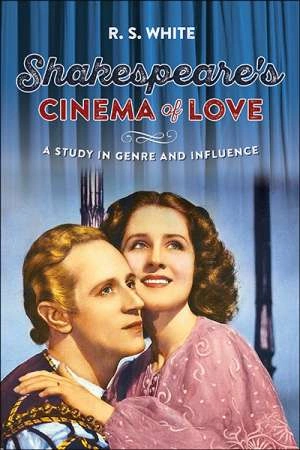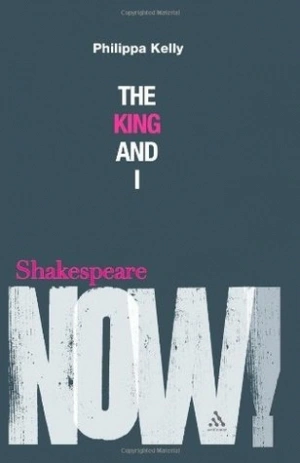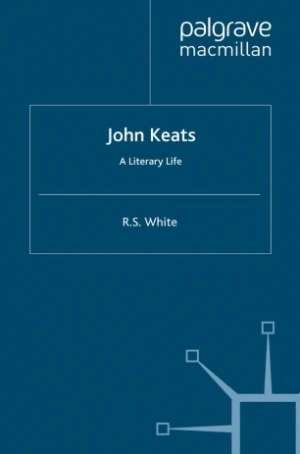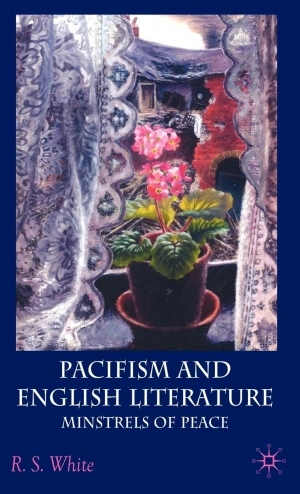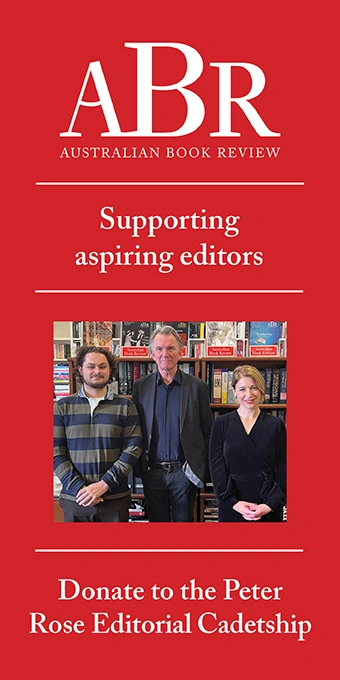RS White
David McInnis reviews 'Shakespeare’s cinema of love: A study in genre and influence' by R.S. White
Does William Shakespeare still matter? The question was posed frequently throughout 2016, the quatercentenary of his death. Those sceptical of Shakespeare’s enduring relevance faced the challenge of explaining the seemingly endless proliferation of films and adaptations of Shakespeare’s plays in an age ostensibly dislocated from early modern sensibilities and po ...
Literary critics used to adopt a persona claiming disinterested separation from the text being analysed. Critical theory, in particular post-colonial and gender studies, eroded this stance, showing that criticism is always self-interested, concealing or inadvertently revealing tacit assumptions stemming from the critic’s biography, class, gender, and political persuasions. As a result, it is common nowadays for critics to be more self-aware about their own value systems. In some ways, this returns us to a Romantic understanding of interpretation reflected in Hazlitt’s ‘It is we who are Hamlet’, Coleridge’s ‘I have a smack of Hamlet myself, if I may say so’, and Keats’s ‘axioms in philosophy are not axioms until they are proved on the pulses ... you will know exactly my meaning when I say, that now I shall relish Hamlet more than I ever have done’.
... (read more)RS White reviews 'Shakespeare, Sex, and Love' by Stanley Wells, 'Shakespeare’s Freedom' by Stephen Greenblatt, and 'Shakespeare’s Individualism' by Peter Holbrook
One of Angelina Jolie’s first starring roles was as Shakespeare’s Juliet in Love Is All There Is (1996). Or rather, she plays Gina Malacici, a Bronx schoolgirl fiercely protected from life by her wealthy, restaurant-owning Italian parents, recruited to play Juliet in the school play when the leading actress injures herself falling off the balcony. Faced ...
In Elements of Criticism (1762), the Scottish philosopher Lord Kames writes of the remarkable congruence between real presence, the product of our ‘external senses’, and ideal presence, which appears when art presents something so vividly to our ‘internal’ senses that we forget that it is not actually before us. Ideal presence, he writes, is like a‘waking dream’, the appearances of which are indistinguishable from real presence while we are within its spaces. For readers who associate immersive realities with modern digital media, Kames’s argument is surprising, even though it could be argued that in the twenty-first century literature is still the most powerful medium available for producing immersive realities. Kames assumes that literature’s ‘waking dreams’ will be judged by the standards of the actual world; but as early as the last decades of the eighteenth century and first decades of the next, the development of genres such as Gothic fictions, coupled with the emergence of new entertainment media such as the panorama and phantasmagoria, had drawn attention to the extent to which ideal realities – ‘fictitious entities’ and ‘imaginary nonentities’, in Jeremy Bentham’s terminology – could shape rather than simply represent the real. This is the cultural context in which Keats’s life (1795–1821), dilemmas and oeuvre make sense.
... (read more)It is tempting to become impatient, and to reach for a gun to resolve a problem, or a knife to cut a Gordian knot. As I write, the Burmese generals have been dithering and obfuscating rather than letting aid workers into their storm-ravaged country. The paranoid preservation of their honour and control bids fair to cause the death of tens of thousands of people. If the Burmese people cannot rise up to change this (and as poor, pacifist Buddhists, they are peculiarly ill equipped to overwhelm a shameless and violent régime), then we should surely invade, distribute the emergency aid, and replace the generals with responsible government. Some people only respond to violence, and surely justice demands this intervention.
... (read more)

